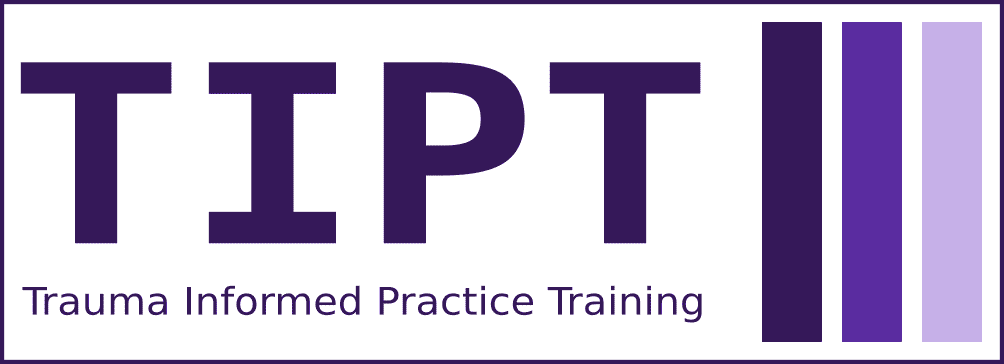Consent and Mental Health

By Tanya Hallet

Nearly 50% of people who experience sexual assault go on to develop PTSD, coupled with anxiety and depression. A third of the people who experience sexual harassment go on to develop anxiety and depression. As someone who has experience all three conditions, I can tell you, they are horribly unpleasant and at times, living with them is like trying to run a marathon under a wet quilt.
Conversations about consent with our youth may be uncomfortable, but they are necessary. It never ceases to amaze me how early the misinformation about consent begins for our young people. We have all seen the famous “Tea” video which was all about consent and caused such an uproar because the symbolism of using “tea” as a metaphor for “sex” seemed a bit abstract for some people.
I quite like the “Tea” metaphor, but then again, I quite like symbolism. I have found though, when talking to our young people, being explicit is imperative. When you are open, our young people ask excellent questions. Every time I teach lessons on consent, I make sure our young people know the following points:
- Consent can be withdrawn at any time. If you become uncomfortable engaging in sexual activity and you do not want to continue, you are allowed to say “stop.” And then, the other person should stop. That is an expectation you are allowed to have.
- Just because you are in a relationship with someone, does not give them the right to force you into sexual activity. If you do not want to do it, and they force you, that is sexual assault.
- Consent can not be given when someone is heavily under the influence of alcohol or drugs.
- If you are engaged in sexual activity and the other person passes out, you need to stop. After all, you wouldn’t pour tea down someone’s throat who was unconscious.
- It is not consent if the other person is threatening you or coercing you.
- It is not consent if you are engaging in sexual activity because you feel scared.
And this last point, is a really, really important one. I can’t tell you how many conversations I have had over the years with young women who have found themselves being pushed into sex when they didn’t want it.
And when they come to me and talk about this, there is a look in their eyes that’s a mixture of lost innocence and hope I can make them feel better if I say the right things, and shame that it happened at all.
These are the common phrases I hear:
- I was really scared, and I just froze.
- I tried to keep going on with my job and hoped he would stop and go away
- I tried to push him off, but I couldn’t.
- I was too scared to say anything.
I understand all these. I really do. As someone who has experienced sexual assault and sexual harassment, I felt all of these things. And I tried to politely move away, or I froze. I didn’t make a scene. I knew that embarrassing some of these perpetrators would not land well. I did a quick risk assessment in my head and thought “If he gets mad, I’m going to cop this a lot worse. How can I get out of this with the least amount of pain possible?”
This is an internal dialogue which goes on often in the heads of women, particularly those who are younger. We quickly internalise at a young age that males are stronger, they run faster and if it comes down to a fight between the two of us, we are probably going to lose. And we know they have more power in the world than we do.
These conversations about consent might help change this inner dialogue young women have with ourselves. “If I don’t want this, I can say stop and it is an expectation it will stop… If I have a few drinks at a party, it was not an invitation to be assaulted… I have the right to verbalise that I am uncomfortable and not worry I am going to be beaten because I have said no…If I am scared, this is not ok and I don’t have to do what he says.”
I wish consent had been taught explicitly to me when I was teenager 20 something years ago. I wonder how much better my mental health outcomes may have been.

Other Blogs







